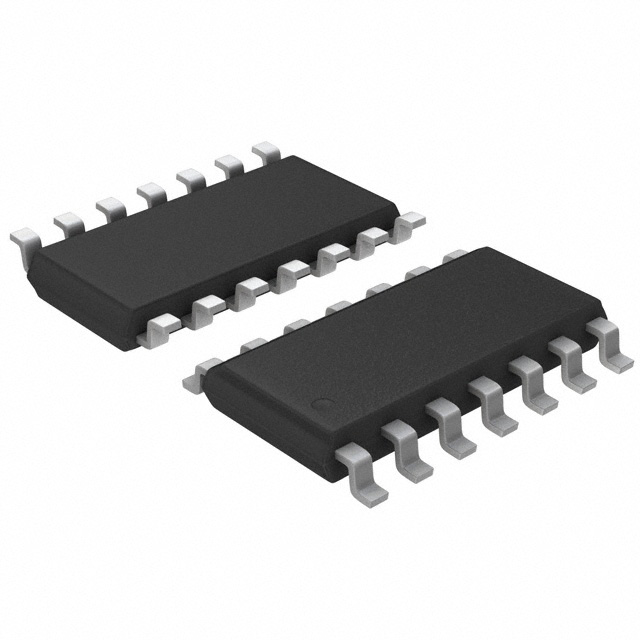In today's digital age, integrated circuits (ICs) play a crucial role in powering the electronic devices and technologies that we rely on every day. From smartphones and laptops to automotive systems and medical equipment, ICs are the driving force behind the innovation and advancement of modern technology.
Integrated circuits, also known as microchips, are complex assemblies of electronic components such as transistors, diodes, and resistors that are etched onto a tiny piece of semiconductor material. These tiny circuits are the foundation of almost all electronic devices and are designed to perform a specific function, such as amplifying signals, processing data, or managing power.
The development and manufacturing of integrated circuits involve a highly specialized and complex process that requires expertise in electrical engineering, materials science, and semiconductor technology. This process typically involves designing the circuit layout, fabricating the semiconductor material, and assembling the components onto the chip.
One of the key benefits of integrated circuits is their compact size and low power consumption, which allows for the creation of smaller and more efficient electronic devices. This has contributed to the rapid advancement of technology and the continuous innovation of new and improved products.
The demand for integrated circuits continues to grow as new applications and uses for these tiny electronic components emerge. The automotive industry, for example, has seen an increase in the use of ICs for advanced driver-assistance systems, infotainment systems, and electric vehicle powertrains. Similarly, the medical industry relies on ICs for the development of cutting-edge medical devices and equipment.
As the demand for integrated circuits continues to rise, the need for reliable and high-quality ICs is more important than ever. Manufacturers and suppliers of ICs must ensure that their products meet the stringent quality and reliability standards required for the diverse range of applications in which ICs are used.
When sourcing integrated circuits for electronic projects, it is important to consider factors such as performance, reliability, and cost. Working with a reputable supplier that offers a wide selection of ICs and provides comprehensive technical support can help ensure that the right components are selected for the specific requirements of a project.
In addition to the traditional uses of integrated circuits, the rise of the Internet of Things (IoT) has created new opportunities for ICs in the development of connected devices and smart systems. From smart home appliances to industrial automation, ICs are essential for the functionality and connectivity of IoT devices.
The future of integrated circuits holds promise for even more advanced and innovative applications. With ongoing research and development in the field of semiconductor technology, new materials and techniques are being explored to further enhance the performance and capabilities of ICs.
In conclusion, integrated circuits are the backbone of modern technology and are fundamental to the development and functionality of electronic devices. From consumer electronics to industrial applications, ICs play a vital role in powering the innovations that drive progress and change in today's digital world. With the continued demand for smaller, faster, and more efficient electronic devices, the importance of high-quality integrated circuits will only continue to grow in the years to come.










